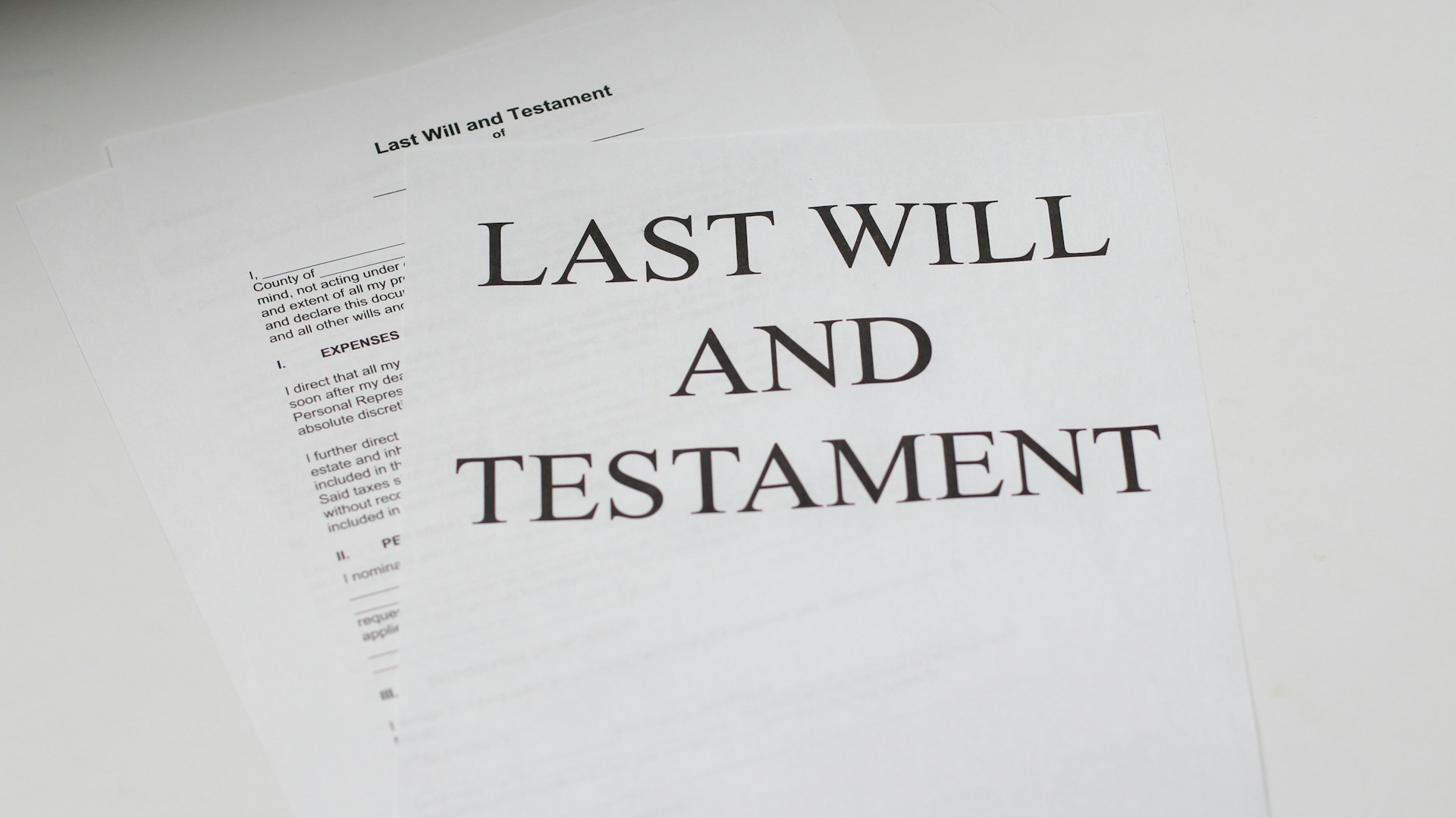Suffering an injury in an accident caused by someone else’s negligence can leave you facing steep medical bills, lost income, and a reduced quality of life. Receiving fair compensation requires avoiding common missteps.
With intricate insurance laws and claim processes, going through a claim alone can prove detrimental. Let an attorney handle negotiations while you focus on recovery. Law firms, such as the Gladish Law Group, specialize in handling personal injury cases and could assist individuals in navigating the complexities of insurance claims.
Avoiding these key mistakes will increase your chances of receiving maximum compensation for losses and damages. Our guide examines each in depth to help you in your pursuit of justice.
1. Failing to Promptly Seek Medical Treatment
One of the most damaging errors after an accident is waiting days, weeks, or longer before seeking medical evaluation and treatment. Going to an urgent care clinic or emergency room as soon as possible is imperative after any incident where you sustained a potential injury. Prompt medical documentation not only diagnoses conditions requiring immediate treatment but also substantiates that the claimed injuries directly stem from the recent accident rather than a past issue.
Insurers justifiably view large gaps between an accident and treatment suspiciously when assessing claims. Delayed care makes it much easier for adjusters to argue injuries resulted from an alternate cause, such as a prior condition, unrelated events in the interim, or pre-existing health factors. These arguments aim to disqualify accident-related claims, especially when significant pre-existing conditions exist. Late treatment initiation severely weakens the correlation between the event and the claimed damages.
2. Failing to Provide Full and Accurate Details of the Incident
Being consistent and precise when recounting facts is critical. The trauma can understandably make accident victims’ statements fragmented or muddled initially. Examiners look for discrepancies that raise doubts about the injuries claimed. If key details around how the accident occurred fluctuate or contradict your statements to officials, medical personnel, and insurers, your entire claim can be called into question.
Illustrate any memory lapses or communication issues immediately resulting from shock or disorientation following the incident. Demonstrate through precision in reports and discussions that the injuries you claim align with the incident events. Admit honestly any gaps in memory rather than speculating. Accuracy and openness are key to maintaining credibility throughout the claims process.
3. Not Following Prescribed Medical Care
Failing to follow through on recommended medical treatment plans, missing appointments and therapy sessions, or refusing treatments causes insurers to doubt the necessity and severity of accident-related care. They argue claimants focused on recovery would diligently adhere to professional medical direction. When alleged injuries motivate skipping treatment, insurance adjusters become skeptical.

4. Posting About the Incident on Social Media
In today’s hyper-connected world, your online presence matters when pursuing injury claims. On platforms like Facebook, Twitter, and Instagram, it’s tempting to vent about accidents, post photos of injuries or damaged property, or reference resulting life disruptions. However, anything relayed publicly can potentially be used by insurers to dispute or minimize claims.
Sharing details at odds with official statements, comments exaggerating harm, images showing physical activities that seem inconsistent with claimed limitations, or posts emphasizing accident-related drawbacks to daily life may undermine claims. Even innocuous posts may be misconstrued by adjusters seeking grounds to reduce liability. Regulate social media usage until resolution.
5. Accepting Early Settlement Offers
It is strategically common for insurance companies to offer fast, minimal settlements in the hopes that claimants will accept them before fully realizing the impact of the incident. Once signed, settlement terms forfeit all rights to further compensation, regardless of how injuries progress. Only accept an offer once you are certain you have healed completely, accounted for all related costs and losses, and the amount adequately covers both economic and non-economic damages.
Wait until doctors confirm you have recovered maximum function and release you from active treatment. Patience in holding out for a comprehensive agreement that addresses your complete losses is key. Quick convenience payouts rarely suffice.
6. Failure to Hire a Personal Injury Attorney
Navigating the personal injury claims process without knowledgeable legal guidance can irreparably hurt your case. An experienced personal injury lawyer deals with insurers regularly and knows how to obtain optimal settlements. Their skills in building strong arguments, determining full current and future costs, and negotiating top dollar for damages outweigh their fees. Engage counsel before signing anything or making missteps.
Bottomline
Avoiding these common but damaging mistakes helps your injury claim stay on the strongest possible footing. Taking reasonable steps demonstrates the validity of damages and your commitment to true recovery. Insurers are more inclined to provide fair compensation for your losses when handled wisely. Protect yourself and your rights by avoiding these easily preventable actions.







